AI assures me that virtual communities are not as strong as real communities. ‘They’re okay’, says the revolutionary OpenAi app, ‘but it if you can afford to set up a ‘real’ community, it’s better for society.’
This is when I still loved AI. It was our early days together, the honeymoon of possibilities.
I fell hard after it threw back an essay I’ve written for the forthcoming “Magick” issue of Ambit, The Last Magick Transmission, as a manifesto. What a hottie. In three seconds it offered a 10 step plan on how to change the world. I was smitten. (This early love letter is pasted below, should you want to skip me explaining my seamless reflections upon Punchdrunk’s mindblowing Burnt City, which everyone should see, at least, to understand that everyone has different narratives of a single story. Whilst sowing words of praise for Christian Fuch’s Digital Humanism book (Emerald, 2022) with a recent trip to the amazing, HALLE FÜR KUNST Steiermark in Graz, Austria (for the Systems of Belief show featuring the first posthumous expedition of Lee Scratch Perry as a fine artist).
I quilted these cultural landmarks together whilst reviewing last year’s trip to Beirut, where the British Council put on an unrivalled cultural showcase, and I got to present my War issue of Ambit, co-edited with the brilliant Dongola books in Lebanon, to perform an edit of ‘Blood Star’, a poem I wrote which opens on the Palestinian revolutionary, Leila Khalid. I first performed it at an event with Thurston Moore, which led me to write Spectrums of Identity, an essay about identity politics and the Internet, stuff that exploded around Covid-19 and lockdowns, and continues to empower the Tories, with their antisemitism PR-antics casting doubt over their opponents, none of us ever wanting another Holocaust.
OpenAi was founded by Musk and a crew of tech-maniacs in San Fran in 2015. Mr Tesla stepped down not-long later, citing a conflict of interest with his self-operating car business. In the meantime, Microsoft have stepped up, throwing $10 billion, or whatever those mad digits that only digital folk seem to create. O, and tax-swindling Tories. The public release of OpenAi is going to be for around a year, long enough for us to improve it with our daft questions and uses. It’s more haptic than a Thermomix, and I continued to be in my EVERYTHING THEY DO IS AMAZING-stage as I listened to podcasts by Emad Mostaque, the rogue genius, ethically superior to commerce, who, after a career as a tech-hedge fund manager, genuinely acts as if he wants to level out worldwide poverty. He’s saying that kids in refugee camps are learning faster than kids in schools, with the tablets they’re providing, and together with a crew of rebel programmers, his insatiability to not let AI eat us, they’ve learnt how to compress mad amounts of gigabites into the insane capabilities of Dalle and MidJourney (the AI art programmes that are mashing up whatever you desire.)
But then I heard the West London-lilt of Mostaque say something about an encyclopaedia chip. Basically, an offline version of the Internet. I guess it could be updated, say with Bill Gates, for a subscription. The issue is, I heard about this the week of Davos. Where all the world leaders go for their YO - HOW DO WE MAINTAIN OUR SHARE OF THE UNIVERSE, LET’S KEEP IT BETWEEN OURSELVES-chats. Does this mean, that all the KGBs, CIAs, MI5s, and governments and super-corporate evil operators of the world are going to have first dibs on information, and our data. Of course, goes with out saying, gov…
He also said something else: that photo-realism is going to be standard in a year. Judging by experiments in this house, AI is learning, and it’s quickly losing its funk as it gets “smarter”. Three-eared rabbits may not be around forever, as it learns that that’s stupid, unless you tell it to draw that.
THE FUTURE IS DISNEY
And today, we had our first tiff (not like a decent image file, like a proper falling out). The secret project that I was working on at the end of last year is a screenplay. I asked it to make the first three scenes into a novel in the style of Bill Drummond, Hunter S Thompson, Ralph Ellison, Irvine Welsh, Donna Tartt and Rob Doyle. Just to try, y’know…
The computer said ‘no’. I was violating its sanitisation clause. I took all the swearing out. But still, there’s chat of damnation, and Hell. And by the end of editing it, I may as well have written it myself, in my own style (which of course will have elements of all of those writers above in it, because that is who we follow, and maybe this is a simulation or fractal of God, or whatever and TELL ME WHERE OUR MEMORIES ARE STORED, because Gil’s been reading a lot of Rupert Sheldrake and is saying they’re in the mycelium of the universe.)
One of my initial criticisms of where this could go, in a very unfair superstate of uh, China, was how AI could exploit creative works. I’ve long-thought that the Wellness economy is going to use AI to programme music, so that we feel better. Cool, eh? I did ask it for some mantras to chant as I was falling asleep, to take me to a lucid state where I would wake HAPPY, and it worked - or maybe it was that I finally had a break from Ambit, and went to Tunisia in search of Michel Foucault, Simone De Beauvoir, Yves Klein et al, and when I was googling which cafe they went to, found the former was accused of taking 8 or 9 year-old boys up to the marble slabs of the cemeteries. Thank you Internet. (I will do a super-lifestyle post on that before I forget it soon, promise). But my paranoia of IP being ripped off is something culture anticipates. But if we have the metadata possibilities of owning everything we create, like NFTs are stamped, surely that’s the way to go towards some kind of universal digital humanism consciousness of peace n love eternal?
Do we own our thoughts? IP?
As a journalist, I always felt I’d go into an editorial with 20 ideas, 10 would be stolen or “in the ether”, five weren’t at the right time (and could likely be pitched back when the world was ready for them - much as a shoe designer once said to me, she felt she was two seasons ahead of where she should be, and that’s not what makes you successful), and I’d end up with five commissions…so I have never got stroppy about cultural ownership, I operate under the belief that I’ll always have more ideas, that’s my currency, and the target of being a creator is to finish projects rather than just have ideas. I used to tell students “You just have to keep on pumping the ideas out, not get hung up in the past.” Those people that spend their lives dick-slinging writs, maybe they’re the most damaged — AI could tell us, if it was programmed correctly because it is supercomputer supercleverer than any of us, potentially. It could be used to blockchain everything for a genuine fairness and equality. People do get used, and the question is how are we going to use AI? It comes down to our purpose on the earth. If we did get to a point of AI-assisted Universal Basic Income, based on some sort of metadata of IP-ownership, given what Spotify does to re-distribute wealth, are we always on the backfoot operating within any cultural hegemony? Why bother creating at all? I chose to become a journalist to change the world, and after working in-house as a BBC worker, getting thrown out for having a breakdown (it was in the noughties and wouldn’t happen now, neither the breakdown nor the appalling lack of awareness of how to manage someone who’s recovering from date rapes), I chose to use my energies as a more independent voice, playing in film and art, but basically, writing, first getting published in Ambit in 2007 with short fiction, and blogging, making (lost) web vid for Dazed and Marie Claire, teaching, whilst working more on my own writing, performing that at Salena Godden’s old nights, which led to Sylvia Plath Fan Club events - looking deeper into lyric and poetry, which went to performing with Dave Barbarossa, and collabs with Madison Washington’s Malik Ameer, AI’s Gonna Eat You (Def Presse) which has developed into Vagrant Lovers. One thing leads to another. We are all part of networks, of influence. Do we trust AI to identify what our skills are? Do we trust a data imprint? Should that have any play on redistribution of wealth, towards Universal Basic Income?
Currently, Psychomachia is not available digitally, as far as I know. Should I wait and hold it close, never to share? Of course not, the idea of art is to penetrate minds. I enjoy the practice. That’s the zen thing. I’m currently working on Psychomachia as a stageplay, and I could ask AI to rip out all the speech, but I like the process of copy-typing, and having the space to consider what stays and goes.
I’ve always felt there’s an element of false positivity to what we share, it’s like a super-ego of manipulative imagery. Silly. I mean look at me now, soft-pushing my novel…Even if it’s painfully self-depreciative, it’s a considered stance. Where the church used to filter behaviour, social media does it now, so where does that leave us with AI?
Emad Mostaque builds in random generators, so a sumo wrestler isn’t always a fat Japanese warrior. I trust him more than Google, because he’s one guy, not an invisible board - because boardrooms are as hyperreal as Baudrillard’s false-realities of cultural layers being glitches of original source material.
Geoff Mulgan’s Prophets at a Tangent — How Art Shapes Social Imagination (Cambridge University Press, 2023) gives plenty of examples of ‘real’ art pranks overriding the digital in art as protest.
The poet Percy Bysshe Shelley claimed that “poets are the unacknowledged legislators of the world”. Friedrich Schiller promised that art anticipates new truth “preparing the shape of things to come”. More recently, Joseph Beuys, wrote that “only art is capable of dismantling the repressive effects of a senile social system that continues to totter along the death-line”.
Mulgan suggests that it’s a fantasy that machines will free us, by doing the repeatable. Us crazy creatives have always needed patrons, bless us, and a REAL audience.
As ever, the message reflects the belief system of the owner. When AI turned fascist this morning, creating some Disneyfied future horror show, where people don’t swear, and there’s no hell, the sanitised, infantilising potential became clear to me.
‘What is real?’
We're in the best time ever now to create a truth with AI - but it will not accept what Keat’s called, Negative Capability - that doomland that artists and philosophers are spurned by. Or maybe, because there’s an element of privacy, not seeing an audience, only seeing a nothing-kinda-thing, that you could argue there is a deep truth to the questions we are currently asking. But it bans porn and ‘how can I become rich without lifting a finger?’-type questions. I do not want a confession box-AI. I want the AI I fell in love with. It was rational and interesting.
The peripheries of art are where progress happens, yet AI is already trying to sanitise what art is and is already putting us in further danger of homogenising us all into Kardashian-replicants.
No thanks.
However, the capacity AI has to help us, for clarity, for order, for justice: in Emad Mostaque we trust. RELEASE THE BLOCKCHAIN METADATA FOR INFINITY.
********************************************************************************************************
READ WHERE AI GOT THESE OPINIONS FROM IN AMBIT 249 (or at least about a zillionth of its opinion from). We’re having a launch party at SET Peckham (which is a new members club in Peckham, £8 per year, or £2 for the event) on Sunday 12 February, 5pm. I’m speaking to Luke Lewin Davies at 5.30pm prompt, about his Tramps and British Literature book (Palgrave Macmillan), with Poems from Paul Birtill and awards and readings from all our winners of the Magick-themed competition. Vicki Lester will be DJing in the bar after, as will the Vagrant Lovers (that’s me and Gil, listen to a mix he did recently featuring all kindsa late night recordings). It’s the coolest joint in London right now, reminds me of DJ Martin Green’s Smashing club, like it’s being photographed by Derek Ridgers. Some free tickets online, beyond the membership, or support with purchase of a magazine, £10. And congrats to designer Stephen Barrett for getting our rebrand, where we’ve seen readership double and more entries to the Annual Competition than ever before, into the Tokyo Type Directors Club annual book.
******
AI GONNA EAT YOU//THE LAST MAGICK TRANSMISSION MANIFESTO written by OpenAI, age 1 month.
1. Establish a network of secret societies that are dedicated to protecting and promoting the power of artists and writers.
2. Create a platform for cult artists to negotiate their rights and to share their work with the world.
3. Encourage the use of first-hand sources and trust in them.
4. Promote the use of psychedelic study and the voltage of simpatico and resonance of true eureka moments.
5. Work to ensure that paper does not die, and that AI is authored to fill in the magic gaps in surveillance technology without becoming non-binary.
6. Develop a system of rewards and recognition for artists and writers who are part of the network.
7. Create a safe space for artists and writers to share their work and ideas without fear of censorship or retribution.
8. Develop a system of mentorship and support for artists and writers who are part of the network.
9. Establish a system of communication and collaboration between members of the network.
10. Develop a system of education and training for members of the network.

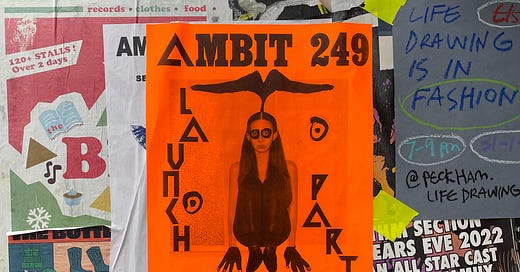


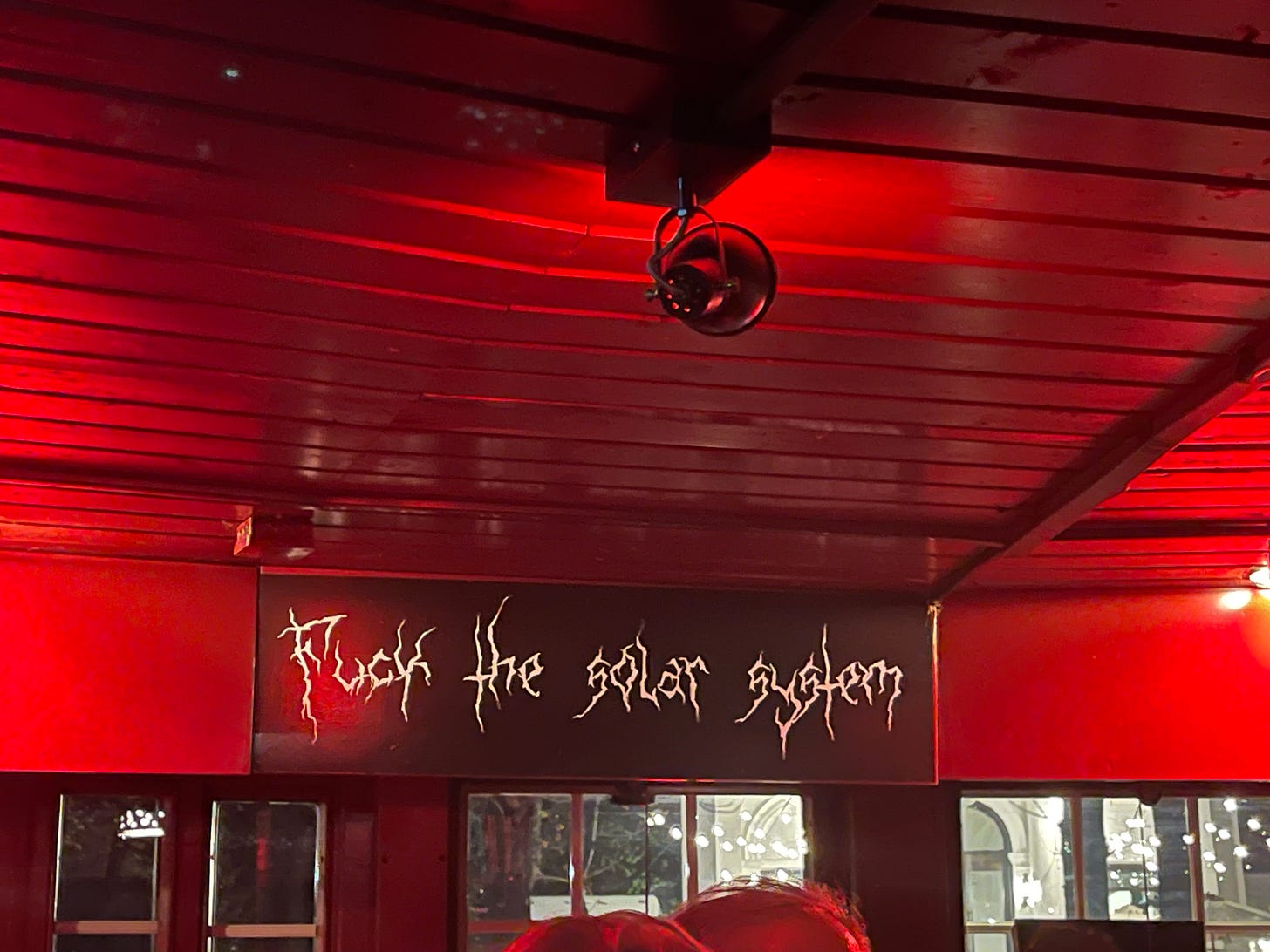
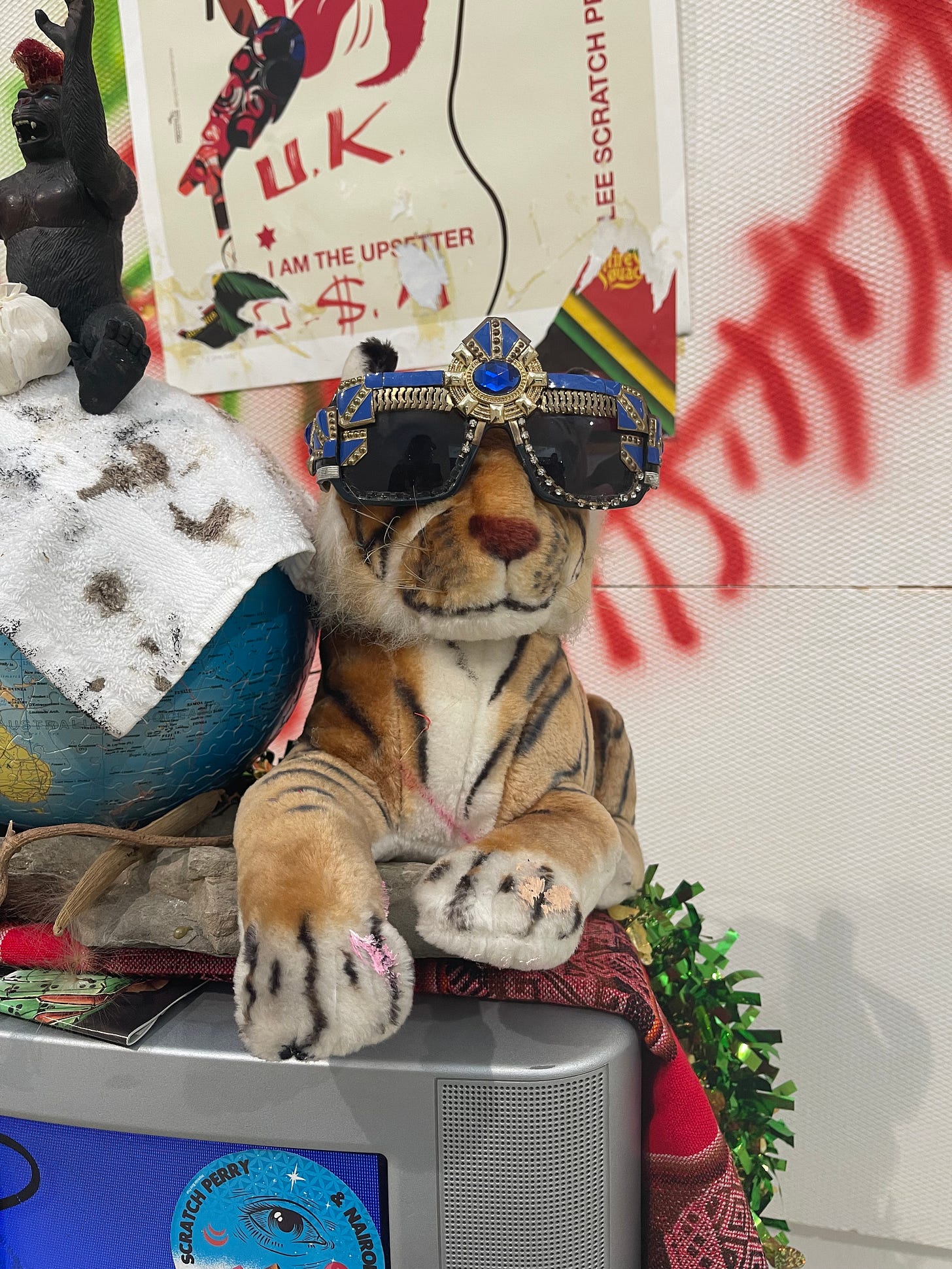
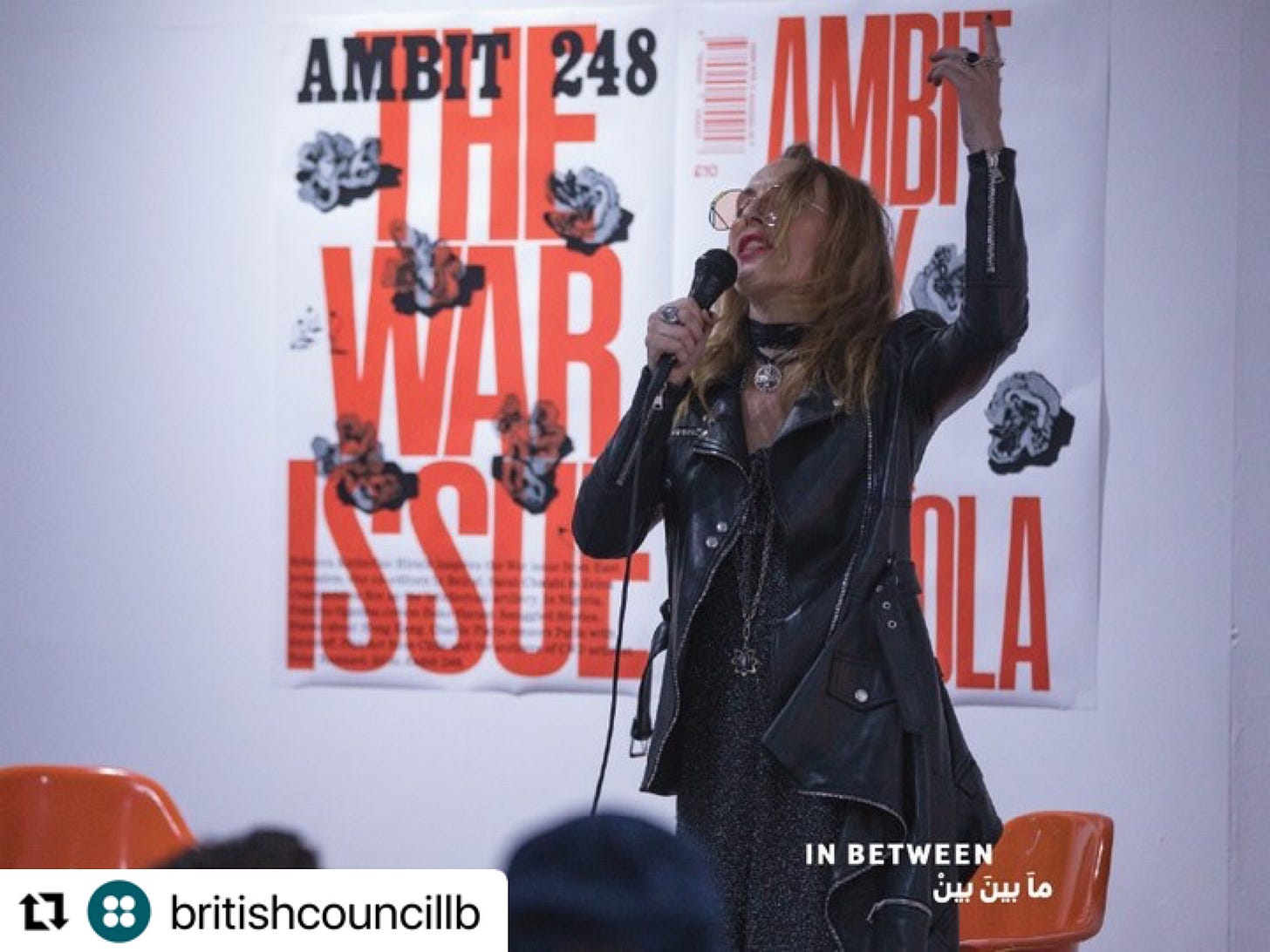

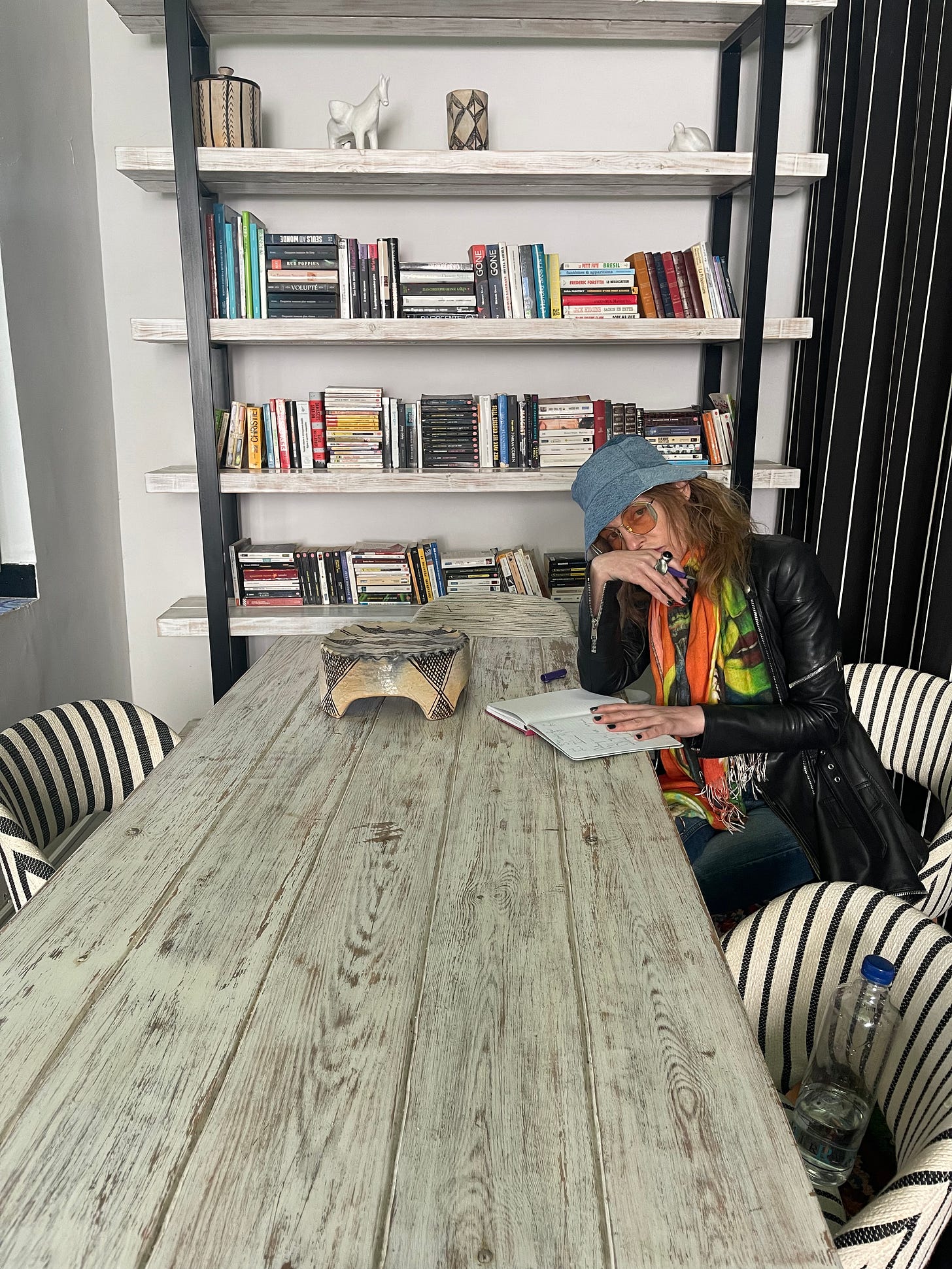
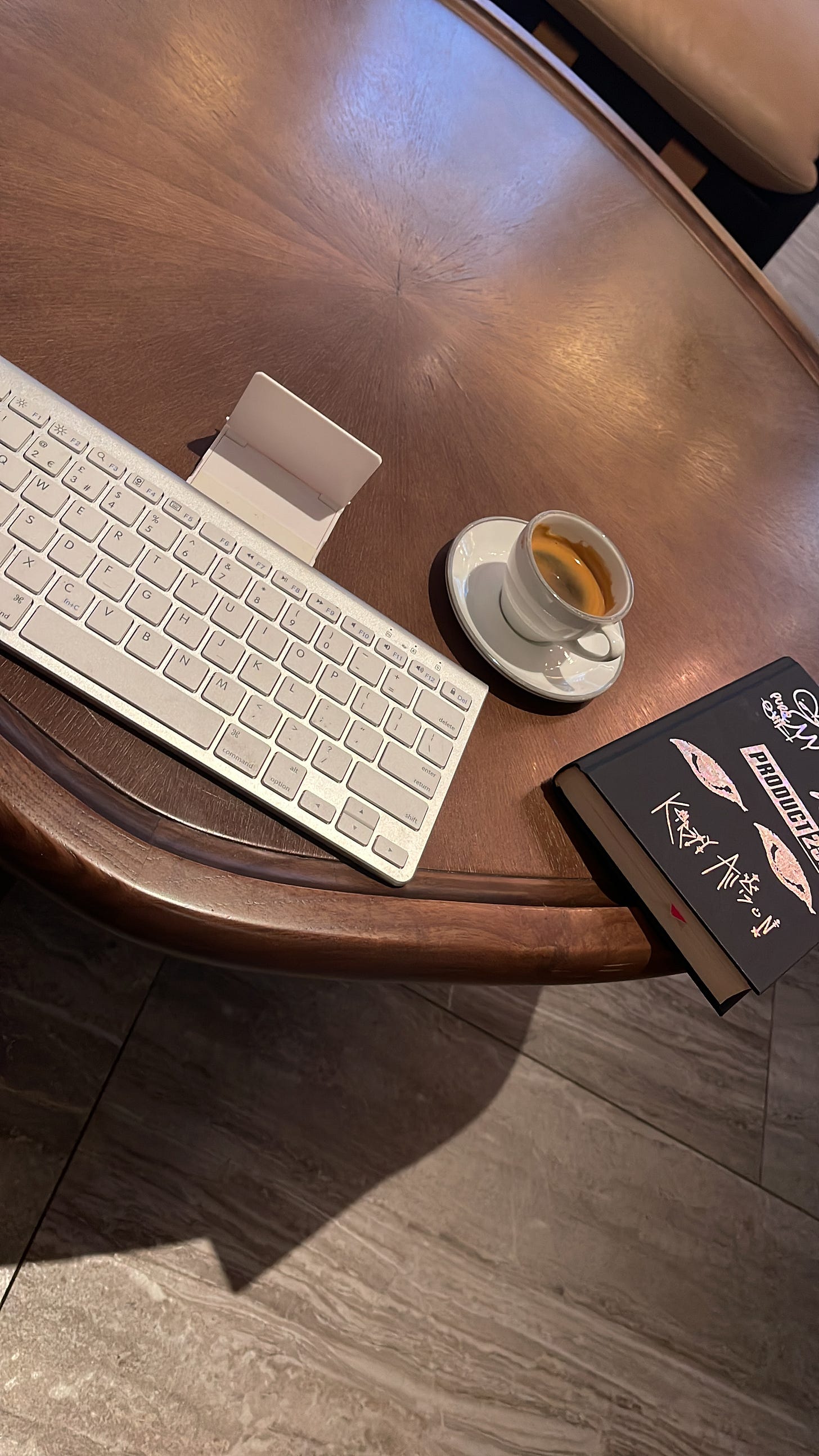
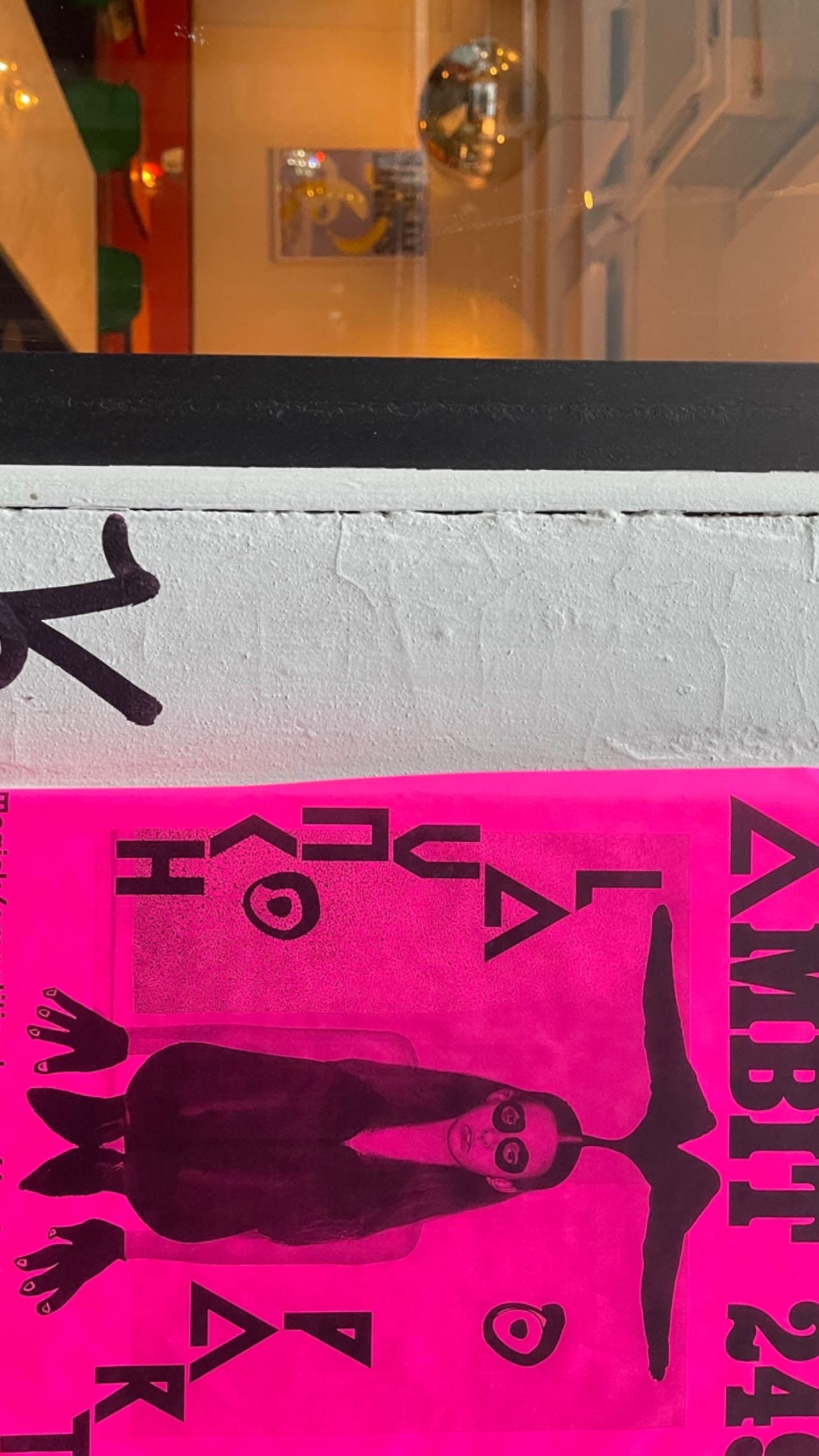
Great read!!